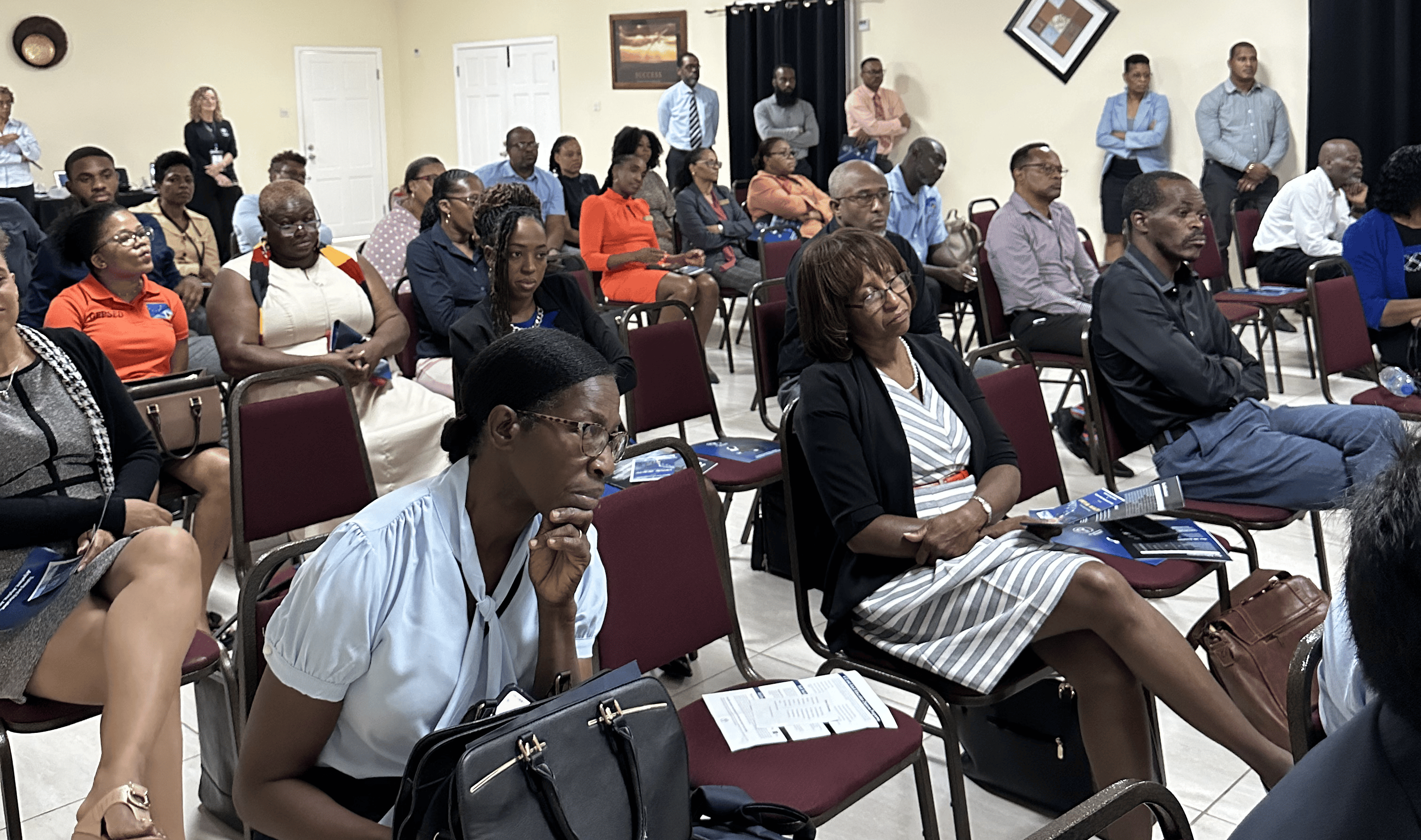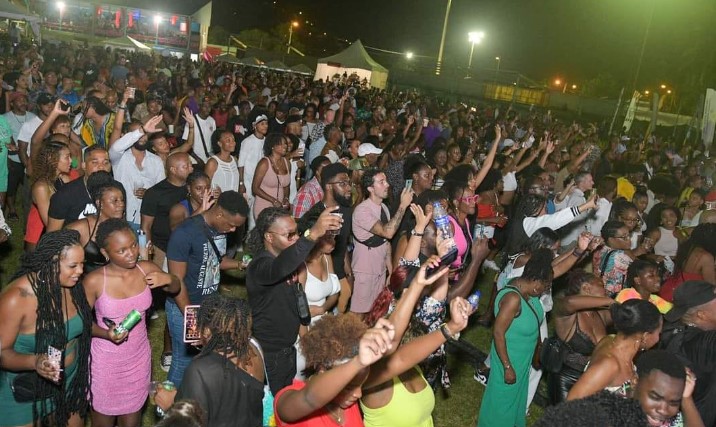

A groundbreaking virtual reality (VR) education initiative has arrived in Saint Lucia, promising to transform learning for students, job seekers, and professionals looking to advance their skills.
Spearheaded by Promising People, a VR-based education and training organisation, this programme uses immersive technology to make education more accessible, engaging, and effective.
At the launch event held at the National Skills Development Centre (NSDC)/GAMA Learning Institute, Crystal Clark, director of education and literacy at Promising People, highlighted how the initiative could benefit Saint Lucians across various backgrounds – from those struggling with literacy to adults preparing for diploma programmes or job certifications.
“We serve people who can’t read,” Clark said. “We serve people who need to stretch their academic understanding from sometimes a first-grade level to prepare themselves for a diploma programme.”
Promising People’s VR programmes cover high-demand fields, including construction trades (electrical, plumbing, HVAC, welding, carpentry), technology (robotics, drones, biotechnology), early childhood development, graphic design and healthcare (including a nursing assistant certification programme).
Clark emphasised the nursing assistant programme as a critical entry point into healthcare. “It’s a great way for somebody to get in and make a living wage … or they can continue on to higher nursing degrees if they wish,” she said.
One of the standout features of Promising People’s approach is gamified learning, which makes education more interactive, particularly for younger learners and those who struggle in traditional classrooms.
Clark noted that Saint Lucia, like the rest of the world, has a large population of young men who love video games.
“When people put those headsets on, it’s a lot different than when they walk into a classroom and sit down and listen to somebody just talk to them … they are involved,” she explained. “All distractions are gone. They are immersed in another world, learning specific skills and then practising them with virtual reality.”
For example, construction trainees can practice using tools like hammers without the risk of real-world injuries while still earning certifications that boost employability.
Citing a 95 per cent success rate in diploma programmes compared to the five per cent success rate of traditional GED programmes, Clark said the Promising People initiative could significantly enhance education and career prospects for Saint Lucians.
The organisation partners with schools, colleges, and correctional facilities worldwide, including Valley Forge Military College in the US, where VR training is integrated into construction management programmes.
Clark also highlighted the programme’s potential to reduce recidivism by equipping imprisoned individuals with marketable skills.
“It may keep them from going to prison,” she said. “It may keep them from losing their families. It may keep them from becoming hopeless and depressed.”
Clark hopes to see VR learning implemented across schools, workforce training centres, and correctional facilities in Saint Lucia, empowering individuals with the skills and confidence needed to thrive.





